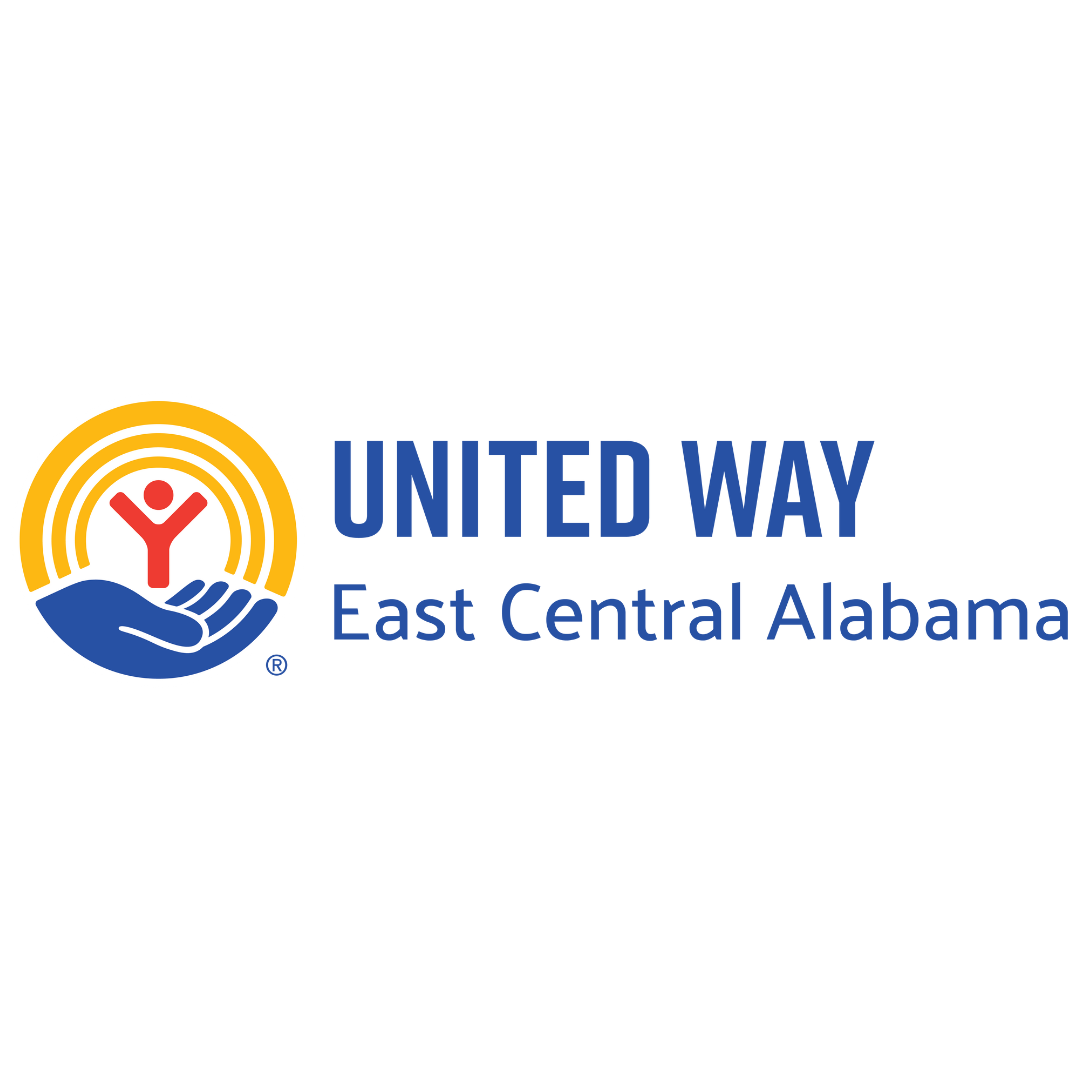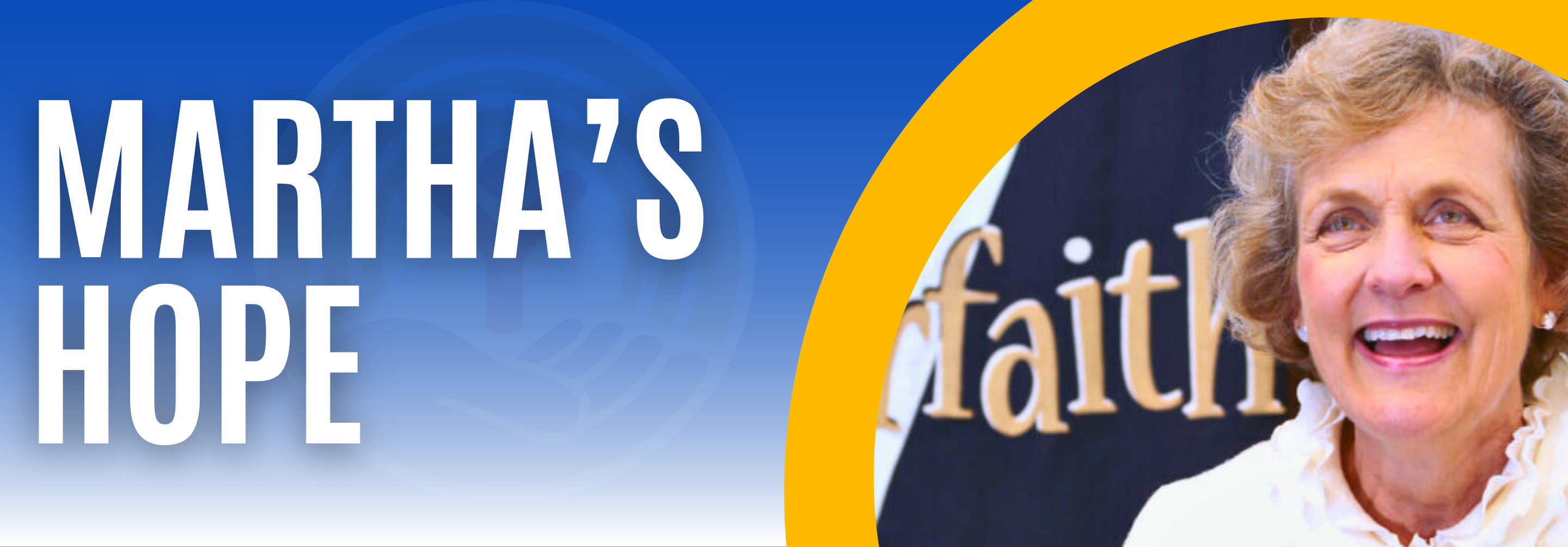
Emergency shelter is critically needed in our community, where affordable and public housing is limited and demand far outpaces supply. With waiting lists for housing assistance extending up to two years, individuals experiencing homelessness in Calhoun County and beyond face significant barriers. According to the 2024 Point-in-Time Count, on any given night, there are 138 homeless individuals in Calhoun County and approximately 2,500 across Alabama without stable shelter. Martha’s Hope was established to address this urgent need by offering a comprehensive approach to homelessness through low-barrier emergency shelter, transitional housing, and holistic wraparound services guided by Empowerment Coaches.
The Martha Vandervoort Center to End Homelessness—known as Martha’s Hope—was founded with a compassionate, client-centered mission to meet the critical needs of those experiencing homelessness in Calhoun County and the surrounding areas. Led by United Way of East Central Alabama President and CEO Shannon Jenkins, Martha’s Hope emerged from a dedicated partnership among United Way, the City of Anniston, and Anniston First United Methodist Church. Originally planned as a new construction, the opportunity to acquire The Bridge from Anniston First United Methodist Church allowed us to expedite our timeline and reduce costs, enabling us to provide essential services sooner. Today, Martha’s Hope stands as East Central Alabama’s only low-barrier emergency shelter, embodying a mission of dignity, compassion, and opportunity for every individual seeking a fresh start.
Our facility honors the legacies of two devoted community advocates, Martha Vandervoort and Maudine Holloway. Martha Vandervoort dedicated her life to alleviating poverty, improving education access, and supporting those experiencing homelessness. Her unwavering belief in the dignity and potential of every person lives on in the compassionate work of Martha’s Hope. Named in her honor, our shelter provides a haven where individuals can rebuild their lives with dignity and support. Likewise, Maudine Holloway championed transitional support, recognizing the importance of safe, stable spaces for those in crisis. The Holloway House, our transitional housing program, embodies her vision, offering clients not only shelter but also a supportive environment where they can access resources to rebuild and thrive.
At the heart of Martha’s Hope’s approach is the commitment to comprehensive, client-centered care. Each guest receives a personalized care plan developed with Empowerment Coaches, who provide individualized support and help connect guests to critical resources. Through the combined legacies of Martha Vandervoort and Maudine Holloway, Martha’s Hope represents a steadfast commitment to empowering individuals to overcome homelessness and achieve lasting independence. Together, we honor their spirit of compassion and resilience, creating pathways to stability, dignity, and hope for all who enter.
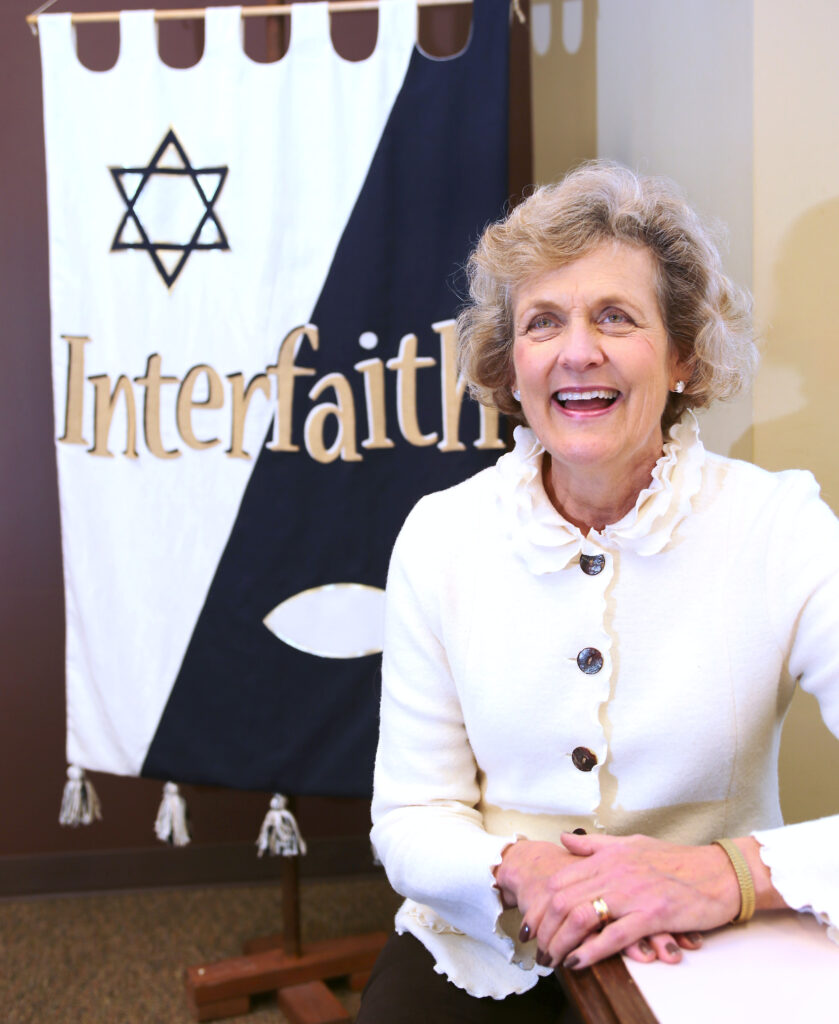
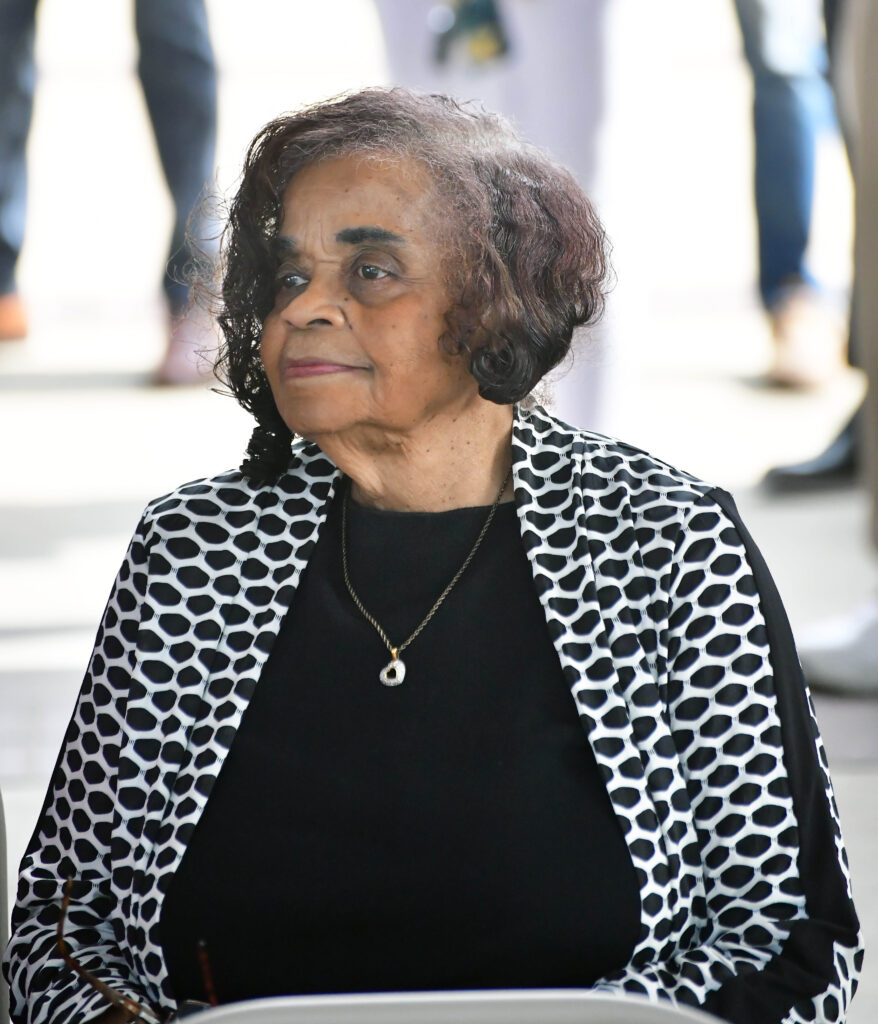
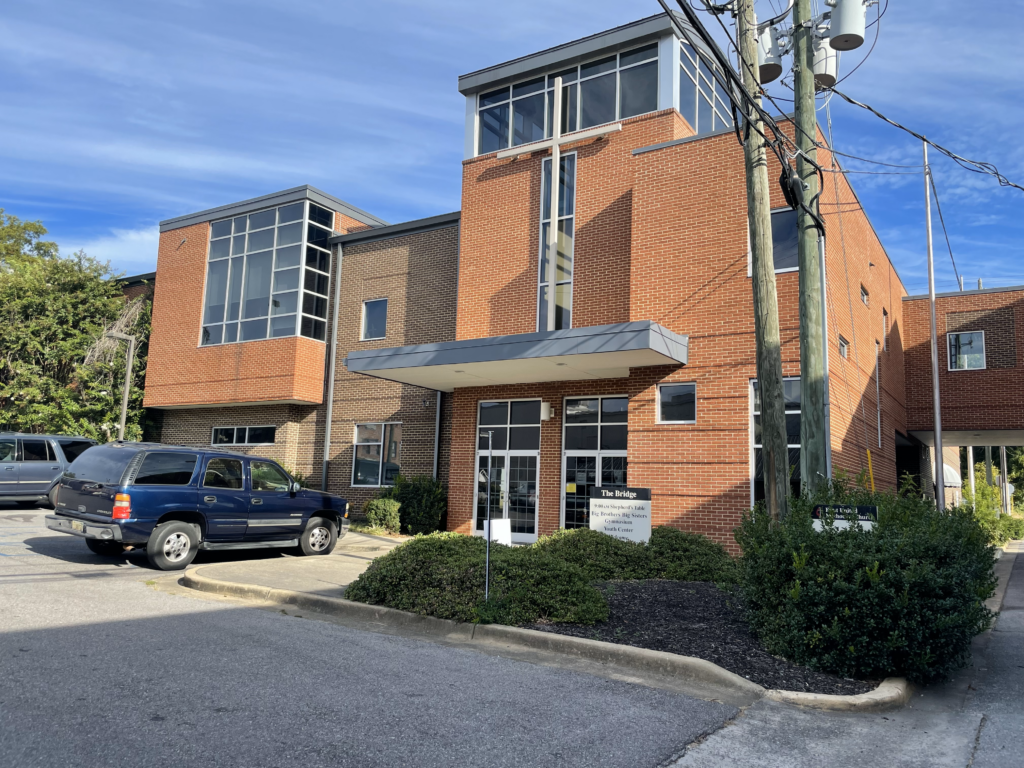
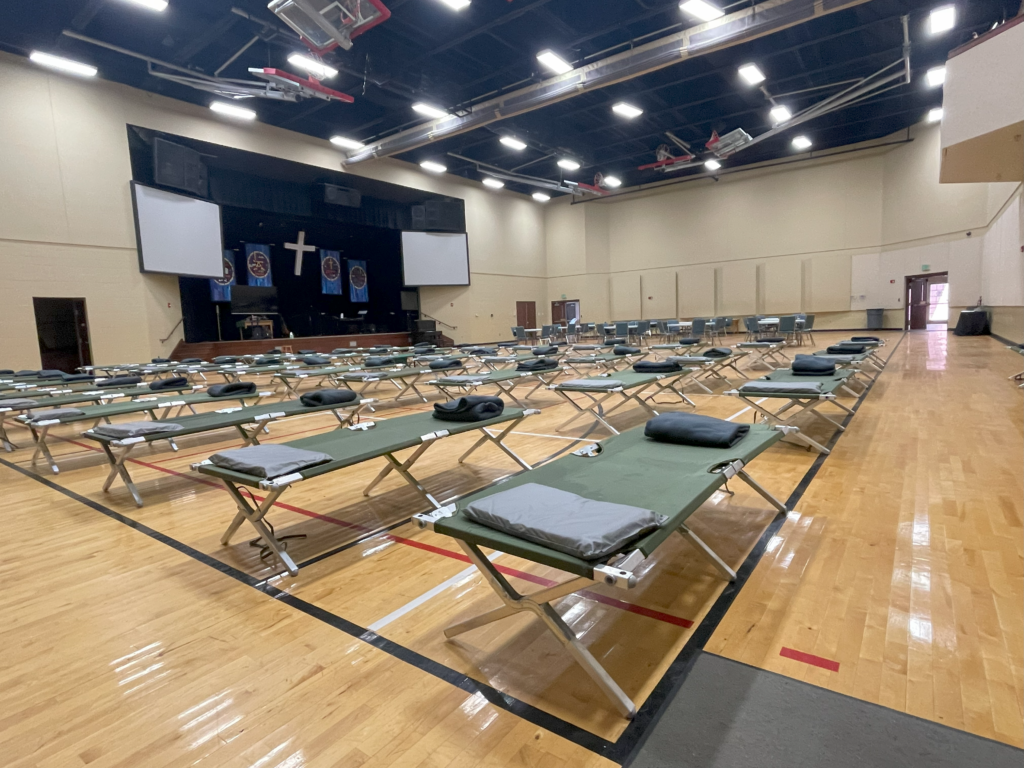
VISION
To become a leading facility in providing unhoused individuals with holistic care, empowerment, and resources necessary to transition from homelessness to stable and self-sufficient living.
MISSION
Martha’s Hope ends homelessness for clients by providing emergency and transitional housing, wraparound services, and case management that empowers clients to rebuild their lives with dignity and self-worth.
VALUES
Self-Sufficiency
Self-sufficiency is not just a value; it is at the heart of our mission. Self-sufficiency is a fundamental goal for all individuals. We are committed to providing clients with the support and resources necessary to achieve independence and lead fulfilling lives. We understand that true empowerment means equipping individuals with the skills, knowledge, and resources to break the cycle of homelessness and achieve self-sufficiency. Through our wraparound services and client-centered approach, we help individuals build a solid foundation for a brighter future. At The Martha Vandervoort Center, we embrace self-sufficiency as a powerful tool for change. By empowering individuals to become self-sufficient, we contribute to a stronger, more resilient community where everyone can thrive.
Empathy
We approach our clients with empathy, understanding, and non-judgment, recognizing that each person's journey is unique. We treat everyone with dignity, respect, and kindness, fostering an environment where individuals feel safe and supported. We acknowledge and respect the intersectionality of identities and experiences. We understand that clients may face multiple layers of marginalization, and we tailor our services to address their unique circumstances. We recognize that the journey out of homelessness can be challenging, and setbacks may occur. We believe in second chances. We are committed to supporting our clients through difficult times and providing them with the tools to overcome obstacles and build resilience.
Empowerment
We believe in the inherent strength and potential of every individual. Through personalized care plans and wraparound services, we empower our clients to take charge of their lives, make informed choices, and work towards their goals. We prioritize our clients' needs, preferences, and aspirations in all decision-making processes. Our services are tailored to meet individual goals, fostering a sense of ownership and accountability.
Diversity
At Martha’s Hope, we celebrate diversity as essential to our mission, fostering an inclusive, welcoming environment for all. We strictly prohibit discrimination based on race, ethnicity, gender, sexual orientation, disability, or any characteristic. Our staff undergoes cultural competence training, enabling us to understand and meet our clients’ diverse needs. We adapt services to be culturally respectful, integrating clients' values and traditions into care. By embracing diverse perspectives, we enrich our capacity for positive change, valuing open dialogue and feedback to enhance our services continuously.
Collaboration
At Martha’s Hope, we celebrate diversity as essential to our mission, fostering an inclusive, welcoming environment for all. We strictly prohibit discrimination based on race, ethnicity, gender, sexual orientation, disability, or any characteristic. Our staff undergoes cultural competence training, enabling us to understand and meet our clients’ diverse needs. We adapt services to be culturally respectful, integrating clients' values and traditions into care. By embracing diverse perspectives, we enrich our capacity for positive change, valuing open dialogue and feedback to enhance our services continuously.
TEAM
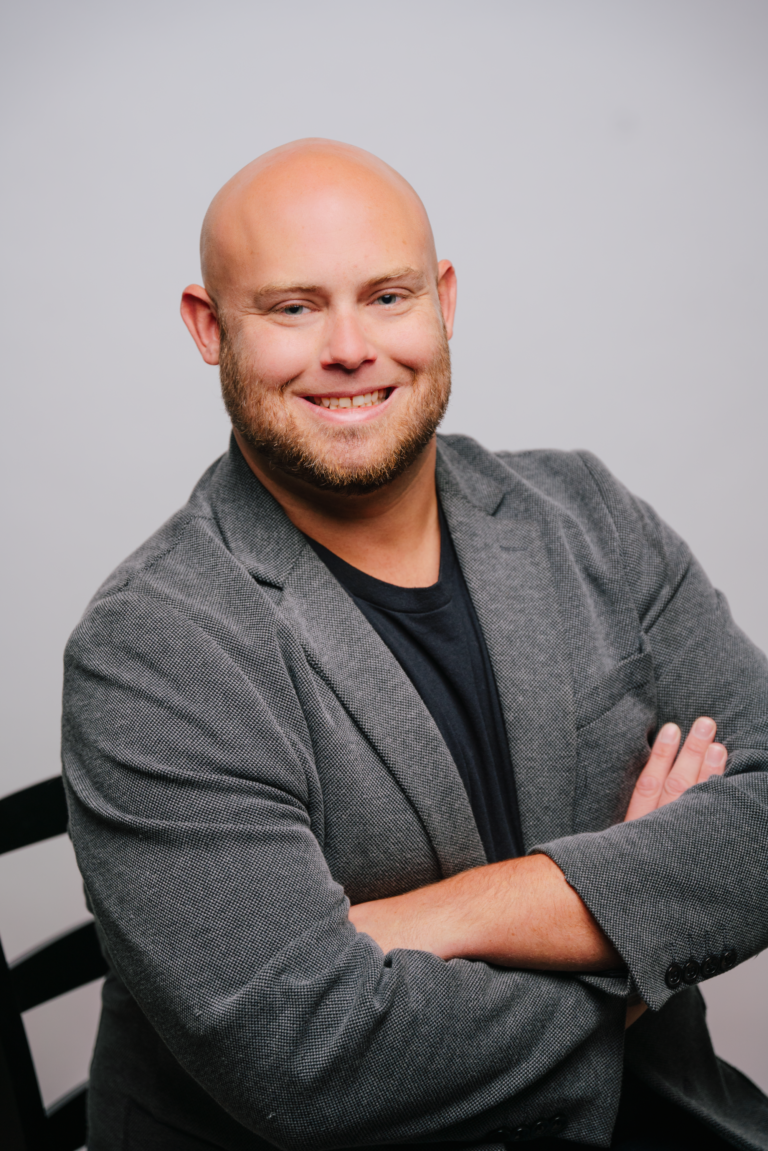
Kyle Bryan | Program Director
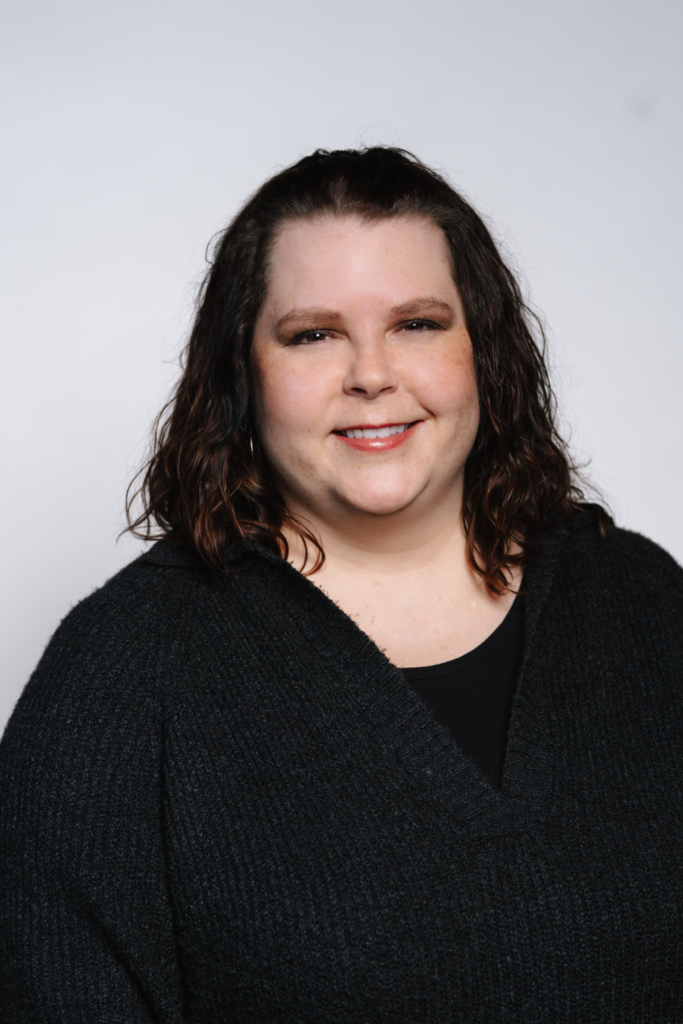
Julie Talley | Assistant Director and Lead Empowerment Coach
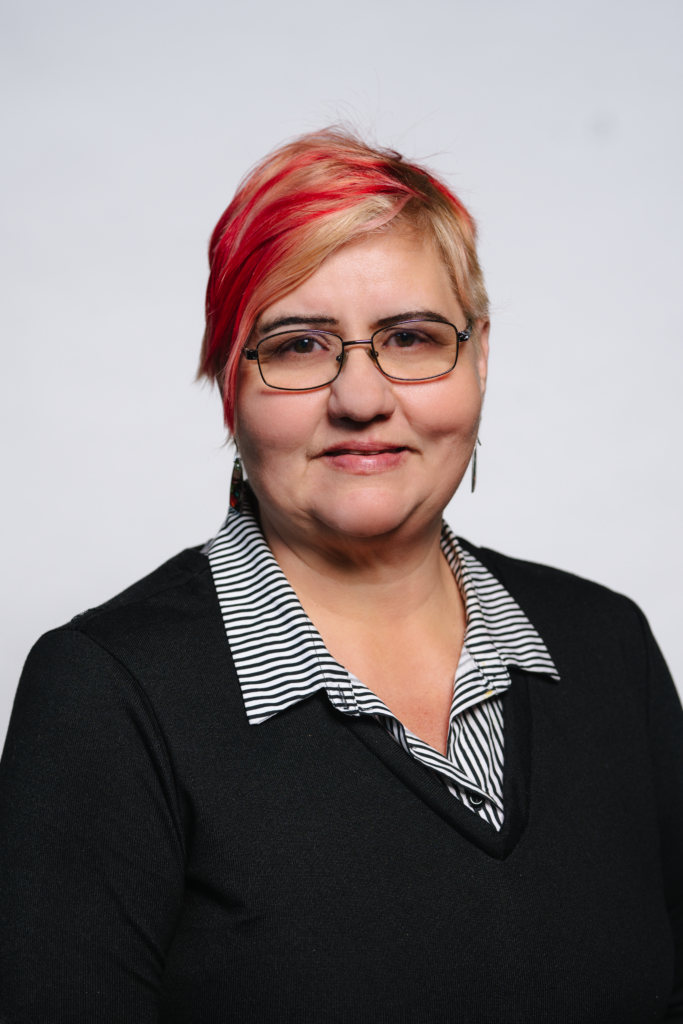
Shirley Kulp | Administrative Assistant and Volunteer Coordinator
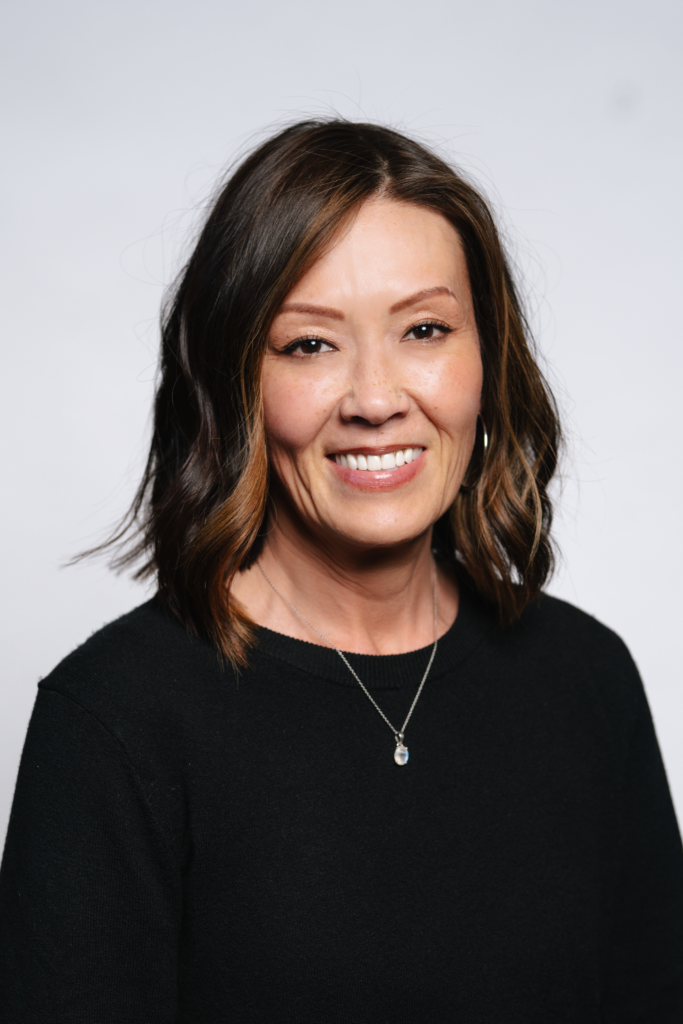
Mary O’Dell | THRIVE Integrated Care Coordinator
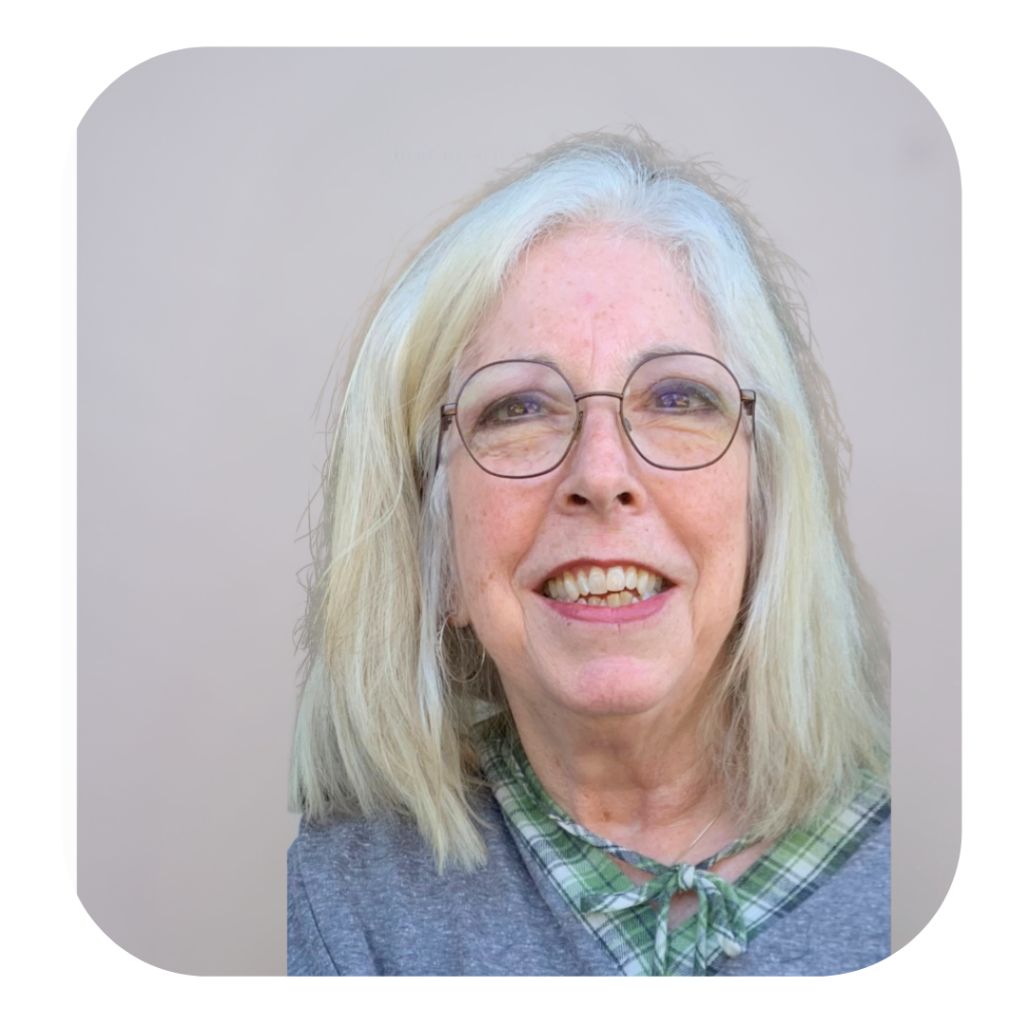
Karen Phillips | THRiVE Program Development Lead
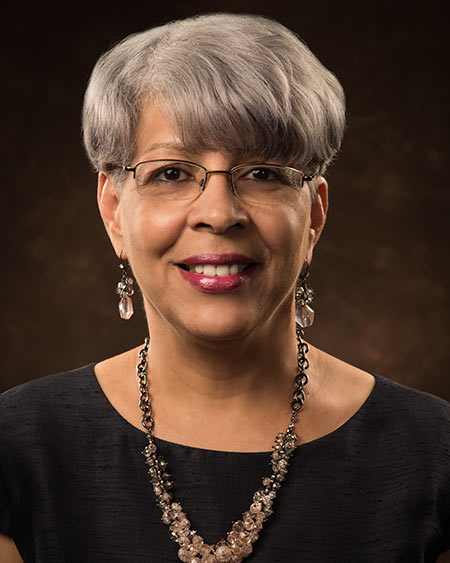
Catherine Chappell | Facility Monitor

Trey Chappell | Facility Monitor
Our Location
Contact Us
